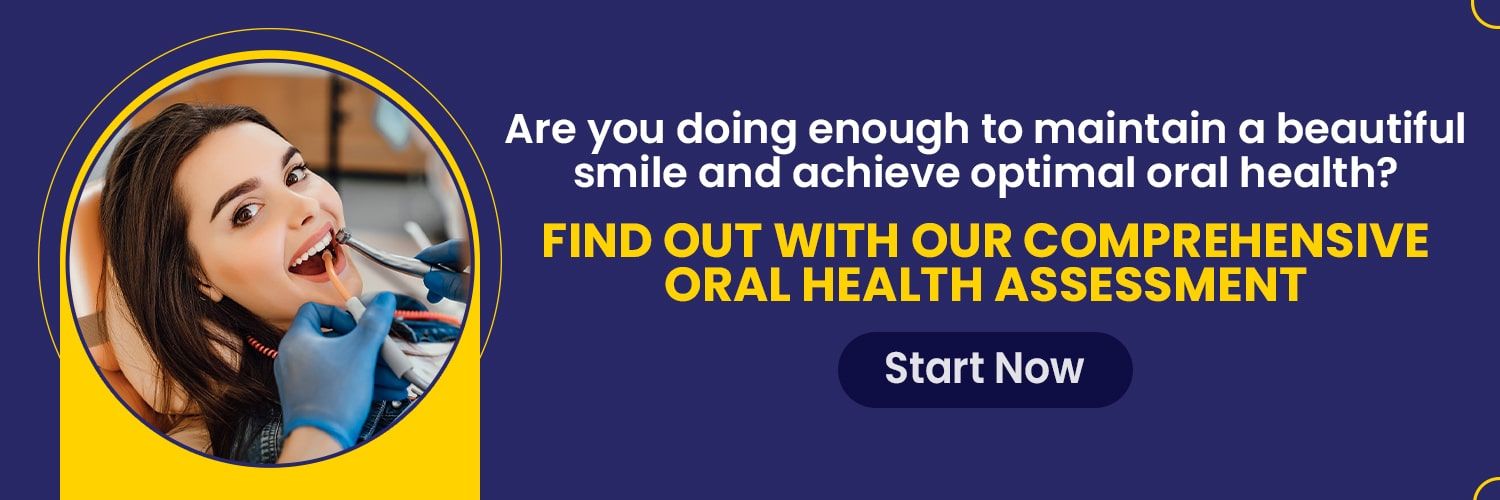Tooth Brushing- The Right Way!
- 2 months ago
Do you brush your teeth every day without really thinking about it? For most of us, brushing is just another part of our routine. But have you ever stopped to wonder if you’re doing it right? Many people don’t realize that brushing the wrong way can harm their teeth and gums.
From brushing too hard to rush through it in the morning, small mistakes can lead to big problems like cavities, gum disease, or bad breath. The good news is that brushing properly isn’t hard to learn, and it can make a huge difference in keeping your teeth and gums healthy.
In this blog, we’ll show you the right way to brush your teeth, mistakes to avoid, and tips to keep your brushing routine simple and effective. With just a little effort, you can protect your smile and keep it healthy for years!

Why Is Brushing Important?
Brushing your teeth helps remove food particles, plaque, and bacteria that can lead to cavities, gum disease, and bad breath. It also prevents tartar buildup and keeps your enamel strong, ensuring your teeth stay healthy for years.
How to Brush Your Teeth the Right Way?
Choose the Right Toothbrush
- Opt for a soft-bristled toothbrush to prevent damage to your enamel and gums.
- Every three to four months, or sooner if the bristles are frayed, replace your toothbrush.
Pick the Right Toothpaste
- Use fluoride toothpaste to strengthen enamel and fight cavities.
- For sensitive teeth, choose a toothpaste designed for sensitivity relief.
Brush for Two Minutes
- Set a timer or use an electric toothbrush with a built-in timer.
- Divide your mouth into four sections and spend about 30 seconds on each.
Use the Right Technique
- Hold your toothbrush 45 degrees from your gum line.
- Use short, gentle strokes, brushing the outer, inner, and chewing surfaces of each tooth.
- Remember to brush your tongue to remove bacteria and maintain fresh breath.
Be Gentle
- Avoid brushing too hard as it can damage your enamel and irritate your gums.
- Use just enough pressure to feel the bristles against your teeth and gums.

Common Tooth Brushing Mistakes to Avoid
- Brushing Too Hard: This can wear down your enamel and lead to gum recession.
- Using the Wrong Brush Size: A toothbrush that's too big may not reach all areas, especially the back teeth.
- Skipping Your Tongue: Neglecting your tongue allows bacteria to thrive, leading to bad breath.
- Not Replacing Your Toothbrush: Old brushes lose effectiveness and can harbor bacteria.
- Brushing Right After Eating: Acidic foods weaken enamel temporarily. Wait 30 minutes before brushing to avoid damage.
Additional Tips for a Healthy Brushing Routine
- Floss Daily: Brushing alone can’t remove plaque and food particles between teeth. To clean hard-to-reach regions, use dental floss or interdental brushes.
- Rinse with Mouthwash: Use an antibacterial mouthwash to reduce plaque and keep your breath fresh.
- Brush Twice a Day: Morning and night brushing is essential to maintain oral hygiene. Nighttime brushing is particularly important as it removes the day’s plaque buildup.
- Chew Sugar-Free Gum: If you’re unable to brush after meals, sugar-free gum can help stimulate saliva, which neutralizes acids and protects enamel.
How to Teach Kids Proper Brushing?
- Use Fun Toothbrushes: Let kids choose toothbrushes with their favorite characters or colors.
- Make It a Game: Use songs or apps to make brushing fun and engaging.
- Set a Good Example: Brush your teeth alongside your kids to encourage them.
You may also like:
Signs You Might Be Brushing Incorrectly
- Bleeding Gums: This could be a sign of brushing too hard or gum disease.
- Tooth Sensitivity: Overbrushing can wear down enamel, exposing sensitive areas.
- Yellow Teeth: Ineffective brushing can leave plaque and stains on your teeth.
If you notice any of these signs, consult your dentist for advice on improving your technique.
Conclusion
Brushing your teeth is more than just a routine—it’s a cornerstone of your overall health. By brushing the right way, using proper tools, and maintaining good oral hygiene habits, you can keep your teeth and gums healthy for a lifetime.








